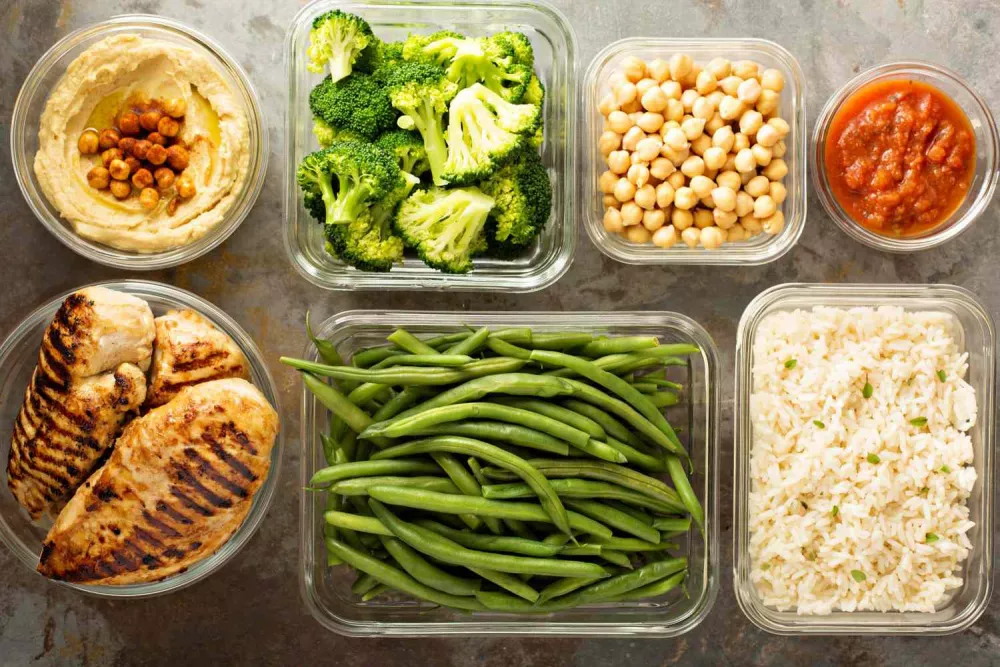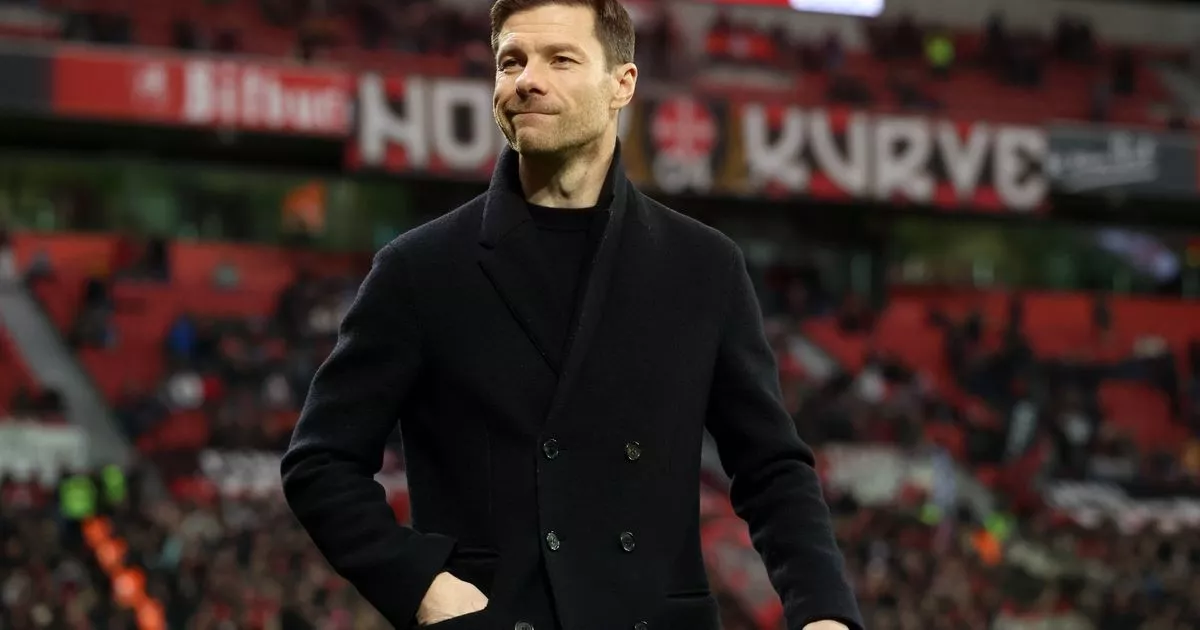The Ideal Diet for a Soccer Player: Fueling for Strength, Endurance, and Recovery
Soccer is a physically demanding sport that requires a combination of speed, stamina, strength, and sharp mental focus. To perform at their best, soccer players must follow a balanced and purposeful diet that fuels training, supports muscle recovery, and sustains energy throughout the match.
1. Macronutrients: The Foundation of a Soccer Player's Diet
Carbohydrates
Carbohydrates are the primary fuel source for soccer players. During high-intensity exercise, the body relies on glycogen stored in the muscles and liver. To maintain these levels:
- Consume 5–7 grams of carbohydrates per kilogram of body weight on training days.
- Opt for whole grains, fruits, vegetables, oats, brown rice, quinoa, and whole-wheat pasta.
Protein
Protein is crucial for muscle repair and growth. Soccer players should aim for:
- 1.2–2.0 grams of protein per kilogram of body weight daily.
- Good sources include lean meats, fish, eggs, dairy products, beans, lentils, tofu, and Greek yogurt.
Fats
Healthy fats support hormone production and energy metabolism. Choose unsaturated fats from:
- Avocados, nuts, seeds, olive oil, and fatty fish like salmon or sardines.
2. Hydration: An Overlooked Key to Performance
Dehydration can impair performance and delay recovery. Soccer players should:
- Drink water regularly throughout the day.
- Consume electrolyte-rich fluids before, during, and after training or matches.
- Monitor urine color to assess hydration (light yellow is ideal).
3. Timing: When to Eat Matters
Pre-Match Meal (3–4 hours before)
Focus on complex carbs and moderate protein. Avoid high-fat or high-fiber foods. Example: grilled chicken with brown rice and steamed vegetables.
Pre-Game Snack (30–60 minutes before)
Choose easily digestible carbs: a banana, granola bar, or a slice of toast with honey.
Post-Match Recovery (within 30–60 minutes)
Combine carbs and protein to replenish glycogen and repair muscles. Example: a protein shake with fruit, or a turkey sandwich with a glass of chocolate milk.
4. Supplements: Useful, But Not Essential
Most needs can be met through food, but some players may benefit from:
- Creatine: Supports short bursts of power and muscle recovery.
- Whey Protein: Convenient post-training option.
- Vitamin D and Omega-3: If lacking from sun exposure or diet.
5. Sample Daily Meal Plan
- Breakfast: Scrambled eggs, whole-grain toast, avocado, and orange juice.
- Snack: Greek yogurt with berries and granola.
- Lunch: Grilled chicken breast, quinoa, steamed broccoli, and a mixed salad.
- Snack: Banana and a handful of almonds.
- Dinner: Salmon, sweet potato, spinach, and olive oil drizzle.
- Post-Training: Protein smoothie with banana, milk, and peanut butter.
Conclusion
A soccer player's diet is a powerful tool for maximizing performance and recovery. By focusing on nutrient-rich whole foods, staying hydrated, and timing meals effectively, players can maintain peak condition both on and off the pitch. Consistency, balance, and smart choices make the difference between good and great performance.






